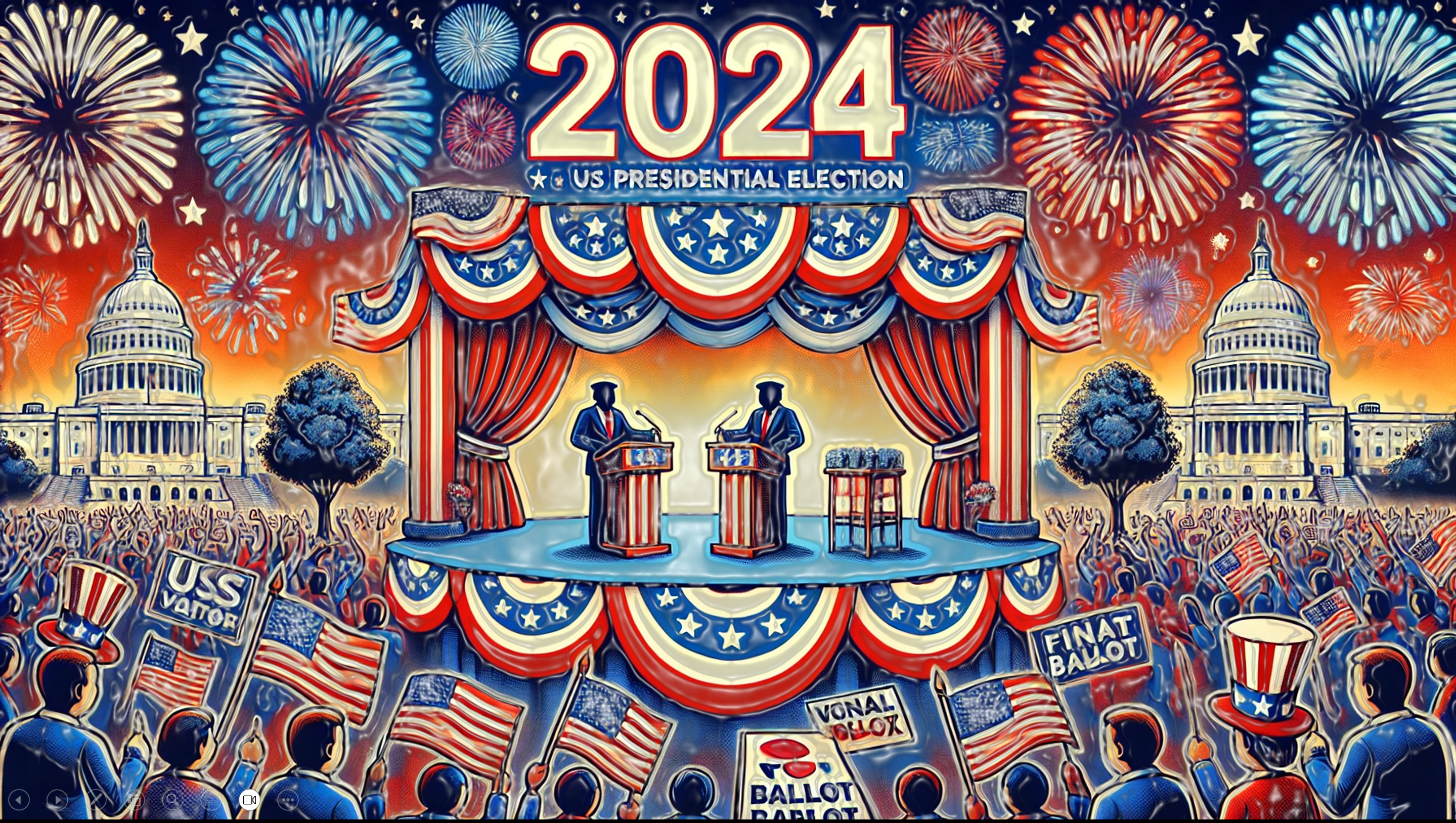
A Guide for HR Leaders in the Final Weeks of the U.S. Presidential Election
As the U.S. Presidential election approaches, political discourse is intensifying across the country. The 2024 presidential election is predicted to be one of the closest in U.S. history, creating a charged atmosphere in workplaces where employees may hold widely divergent views. For HR leaders, this can be a challenging time to maintain an inclusive culture that respects all employees’ opinions while ensuring that the workplace remains professional, civil, and collaborative.
With the election just two weeks away, it’s more important than ever to take proactive steps to foster a respectful environment. Political discussions can be a source of tension, but when managed thoughtfully, they can also provide an opportunity for HR professionals to reinforce the company’s values of inclusion, diversity, and respect.
The Impact of Political Polarization on the Workplace
The U.S. is deeply polarized, and these divisions often seep into the workplace. Employees come from different backgrounds and hold various political beliefs that can influence their perspectives on current events. In highly charged moments like the run-up to a close presidential election, these differences can lead to heated conversations, and in some cases, conflict.
Political debates, if not carefully managed, can create tension, affect teamwork, and even lead to feelings of exclusion or marginalization. As an HR leader, it’s your responsibility to ensure that these debates do not undermine the workplace culture or negatively impact productivity.
Why Civility Matters
Civility in the workplace is not just about avoiding conflict; it’s about creating an environment where all employees feel safe, respected, and valued, regardless of their personal beliefs. In a time when political opinions are deeply felt, the ability to foster civil discourse is essential to maintaining trust and collaboration within teams.
By reinforcing the values of respect and inclusion, HR leaders can help employees navigate political differences with grace and empathy. This is particularly crucial during the final weeks of the election when emotions are running high, and the potential for misunderstandings or arguments increases.
Strategies to Promote Civility and Inclusion
To help HR leaders maintain a positive and inclusive workplace during this politically sensitive time, here are a few key strategies:
1. Reaffirm the Company’s Commitment to Inclusion and Respect
HR leaders should take this opportunity to remind employees of the company’s core values, especially those related to diversity, inclusion, and respect. Send a company-wide message that outlines the importance of maintaining civility in the workplace, regardless of political affiliation. Reinforce that everyone has the right to their opinions, but that those opinions should be expressed in a manner that is respectful and professional.
Remind employees that the workplace is a neutral space where the focus should remain on collaboration and achieving common business goals. Any form of harassment or discrimination based on political beliefs should be addressed swiftly and in accordance with company policies.
2. Create Clear Guidelines for Political Discussions
While it’s important not to stifle free expression, HR leaders can set clear boundaries on how political discussions should be handled in the workplace. Consider drafting or revising policies that outline appropriate behavior when discussing politics. Encourage employees to avoid political discussions in common areas such as break rooms or during team meetings where they can easily become disruptive.
Encourage employees to be mindful of the impact their words can have on others, and emphasize the need for constructive dialogue that avoids personal attacks or inflammatory language.
3. Offer Training on Civil Discourse and Conflict Resolution
Many employees may not have the skills to navigate sensitive political discussions in a productive way. Offering training on civil discourse and conflict resolution can equip them with tools to engage in respectful conversations, even when they disagree.
Workshops or webinars that focus on empathy, listening skills, and how to manage disagreements constructively can be invaluable. Providing managers with additional training on conflict resolution can also ensure that they are prepared to de-escalate any tensions that may arise within their teams.
4. Encourage Empathy and Active Listening
One of the best ways to foster civility is to encourage employees to approach political differences with empathy. This involves listening to understand, rather than listening to respond. HR leaders can promote a culture of active listening by encouraging employees to seek common ground and to acknowledge the validity of differing perspectives.
Consider facilitating structured conversations or forums where employees can express their views in a controlled, respectful environment. These forums can serve as a way for employees to practice empathy and broaden their understanding of others’ viewpoints.
5. Focus on Mental Health and Well-being
The election season, combined with the ongoing stresses of everyday life, can take a toll on employees’ mental health. HR leaders should ensure that employees have access to mental health resources, such as employee assistance programs (EAPs) or counseling services. Offering support to those who may feel overwhelmed by political debates can help prevent burnout and ensure that all employees feel supported, regardless of their political stance.
Conclusion
As the U.S. Presidential election nears its climax, political tensions will undoubtedly rise both inside and outside the workplace. However, with careful planning and clear communication, HR leaders can help ensure that employees remain civil and respectful to one another, preserving a positive and inclusive work environment. By reaffirming company values, setting clear guidelines, and offering support and training, HR can play a vital role in maintaining harmony and fostering a culture of inclusion during this critical time.
Ultimately, the goal is not to suppress political discussion but to encourage respectful, thoughtful, and constructive conversations that enhance, rather than detract from, the workplace culture.
